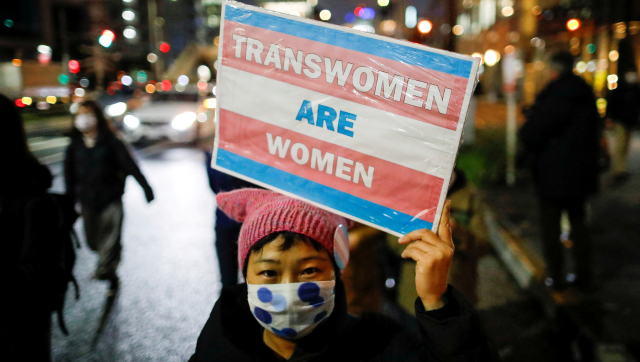In a landmark decision, the Tsuyama branch of the Okayama family court in western Japan granted Tacaquito Usui, 50, the right to officially change his gender without undergoing sterilization surgery. This ruling marks a significant departure from previous requirements and sets a new precedent following a recent decision by Japan’s supreme court. Usui, who had his initial application for gender revision rejected five years ago, expressed his joy during a televised news conference, describing the ruling as a fresh start in his life. In October, Japan’s supreme court deemed unconstitutional a provision in a two-decade-old law that mandated sterilisation as a prerequisite for legal gender recognition. However, this ruling solely addressed the sterilization requirement and did not address other mandatory procedures. By recognizing the hormone therapy Usui underwent as sufficient for gender affirmation, the Okayama court acknowledged the evolving legal landscape surrounding gender identity in Japan. Despite this progress, many LGBTQ+ individuals in Japan continue to conceal their sexual orientation and gender identity due to fears of discrimination, particularly in workplaces and educational institutions. Japan, notably the only Group of Seven member without legalized same-sex marriage, has been slow to adopt reforms due to conservative leadership and adherence to traditional values. The law, enacted in 2004, previously mandated the removal of reproductive organs and required a physical appearance aligning with the individual’s expressed gender for gender change registration. While over 10,000 Japanese have officially changed their gender since the law’s inception, a central Japan court highlighted that sterilization surgery is not mandatory in most of the roughly 50 European and central Asian countries with similar laws allowing gender changes on official documents. Activists continue to advocate for increased rights and protections for LGBTQ+ individuals, pushing for societal acceptance and legal reforms in a nation navigating the intersection of tradition and progress.
Usui, who had his initial application for gender revision rejected five years ago, expressed his joy during a televised news conference, describing the ruling as a fresh start in his life
Advertisement
End of Article


)

)
)
)
)
)
)
)
)



